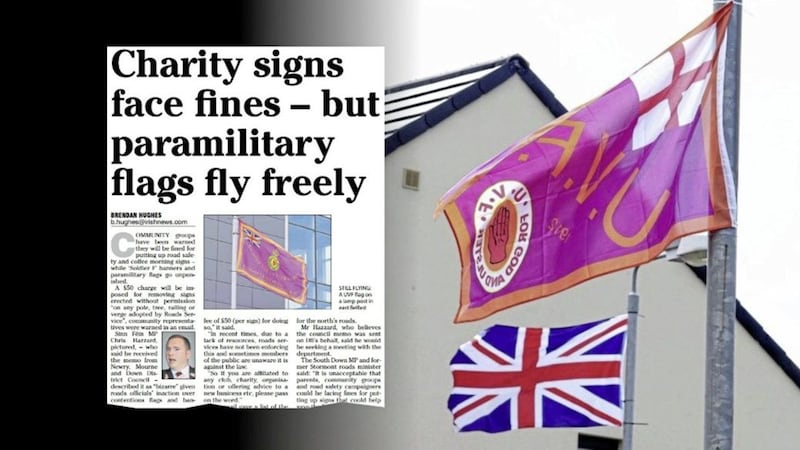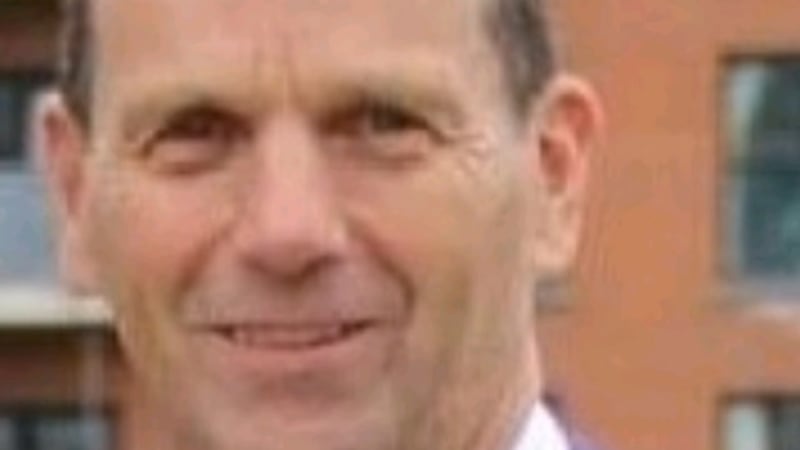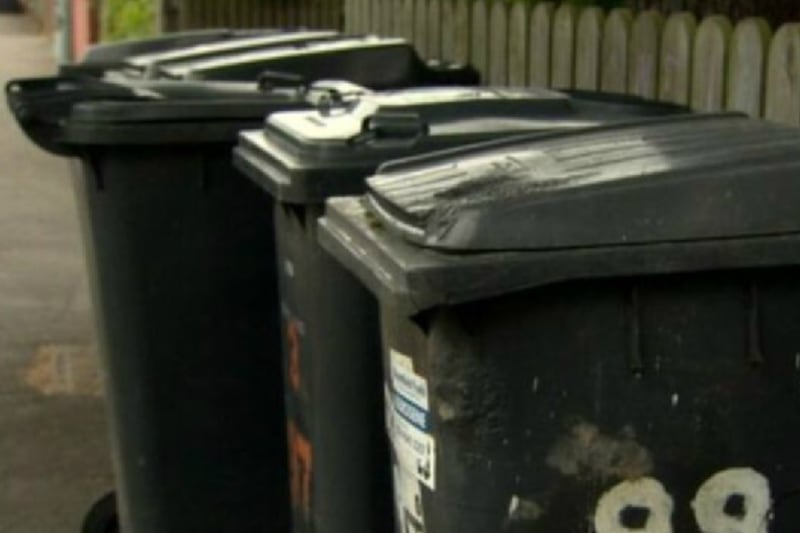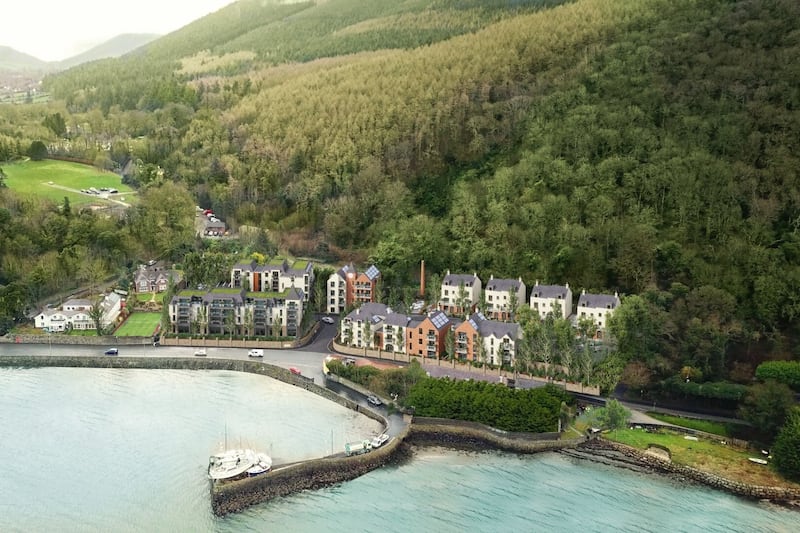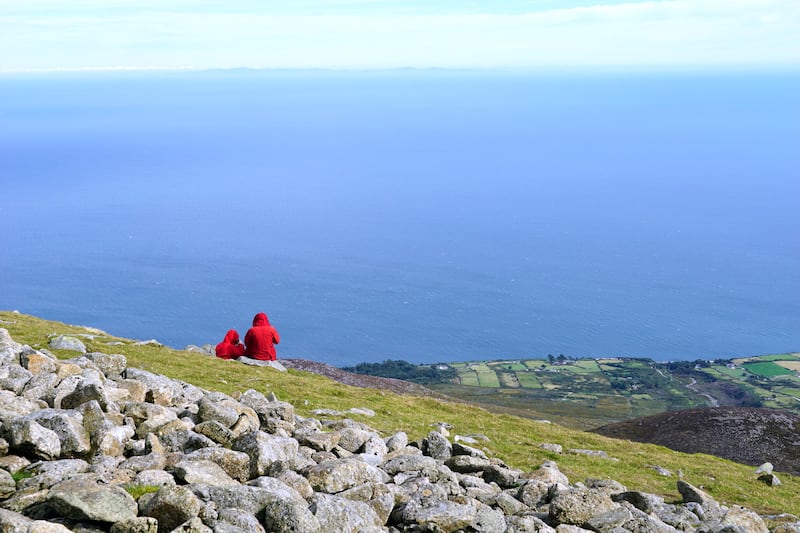A COUNCIL and Stormont department have clashed over how officials came to issue a warning that community groups faced being fined for putting up signs for coffee mornings and charity events.
Newry, Mourne and Down District Council said it relayed the message to community groups "at the request of the Department for Infrastructure (DfI)".
DfI said it has "not issued any threats" but provided the council with "information in relation to unauthorised signage and the removal process".
The warning of a £50 charge has been branded "bizarre" by Sinn Féin MP Chris Hazzard given DfI's inaction over paramilitary flags and 'Soldier F' banners.
In the council email, seen by The Irish News, community groups were warned about the potential "fines".
"If someone erects a sign (without permission) on any pole, tree, railing or verge adopted by Roads Service, it will be removed, and charge a fee of £50 (per sign) for doing so," it said.
"In recent times, due to a lack of resources, roads services have not been enforcing this and sometimes members of the public are unaware it is against the law.
"So if you are affiliated to any club, charity, organisation or offering advice to a new business etc, please pass on the word."
The email gave a list of the "types of signs that can be lifted", including football clubs promoting events; groups organising "coffee mornings/fun runs for charities such as Marie Curie"; and resident groups "with things such as neighbourhood watch, traffic speeding signs etc".
Mr Hazzard said it meant parents and community groups face being fined for putting up signs such as 'children at play', "designed to reduce speeding and, ultimately, save lives".
The South Down MP said: "Parents could be penalised in this way while others are apparently allowed to erect signs, paramilitary flags and banners – designed to cause hurt and offence to the families whose loved ones were killed by the British army on Bloody Sunday – with impunity across the north."
In a statement the council said the enforcement of charges was a matter for DfI Roads Service.
"Newry, Mourne and Down District Council circulated information on these charges to local community groups at the request of the Department for Infrastructure (DfI) following a local inter-agency meeting," a spokesman said.
"In the process of communicating this information to the community groups the council used the word 'fines' instead of 'charges'. The council has no responsibility for issuing fines/charges in relation to this matter."
In an initial statement, DfI said it had "not issued any threats to councils or anyone else in relation to this issue", adding: "It did not generate and was not aware of this communication from the council."
After being made aware of the council's statement, DfI issued a further statement which added: "DfI staff attended an inter-agency meeting for the Clough, Seaford, Ballykinler and Dundrum areas chaired by the East Down Rural Community Network and the issue on advertising of events was discussed.
"At the meeting Newry, Mourne and Down District Council requested some additional information in relation to this. The department subsequently provided information in relation to unauthorised signage and the removal process."
DfI has previously faced criticism over not removing unauthorised and paramilitary flags from its lampposts along public roads.
Controversy has also surrounded banners erected across the north supporting 'Soldier F', a former paratrooper facing a murder trial over Bloody Sunday in Derry in 1972.
